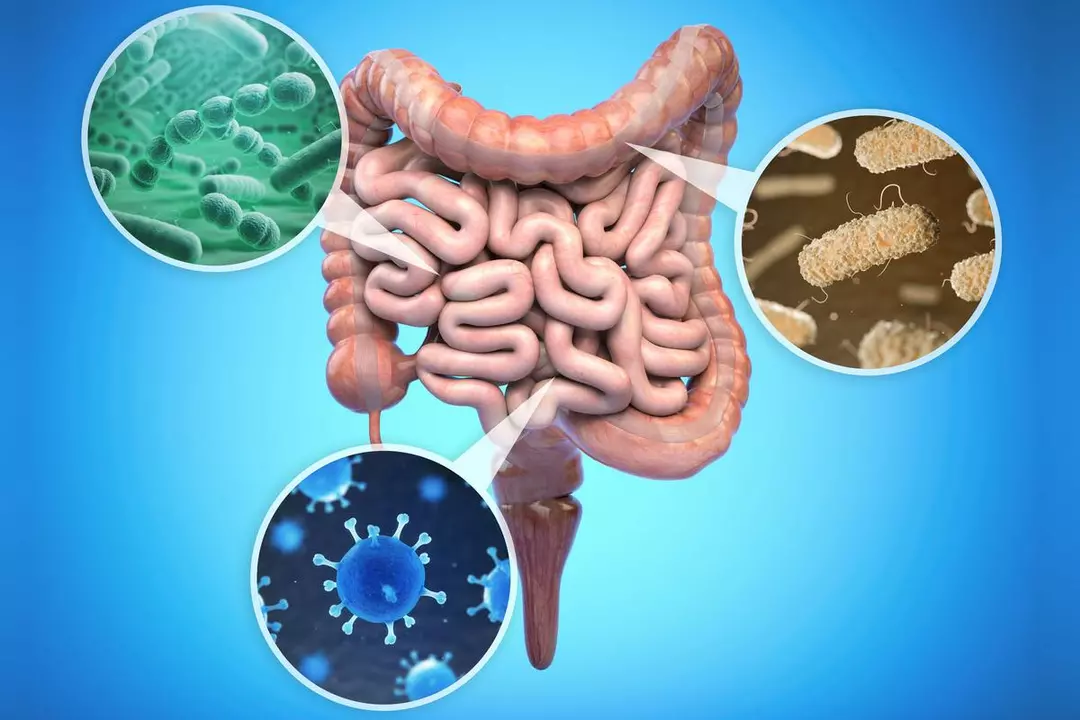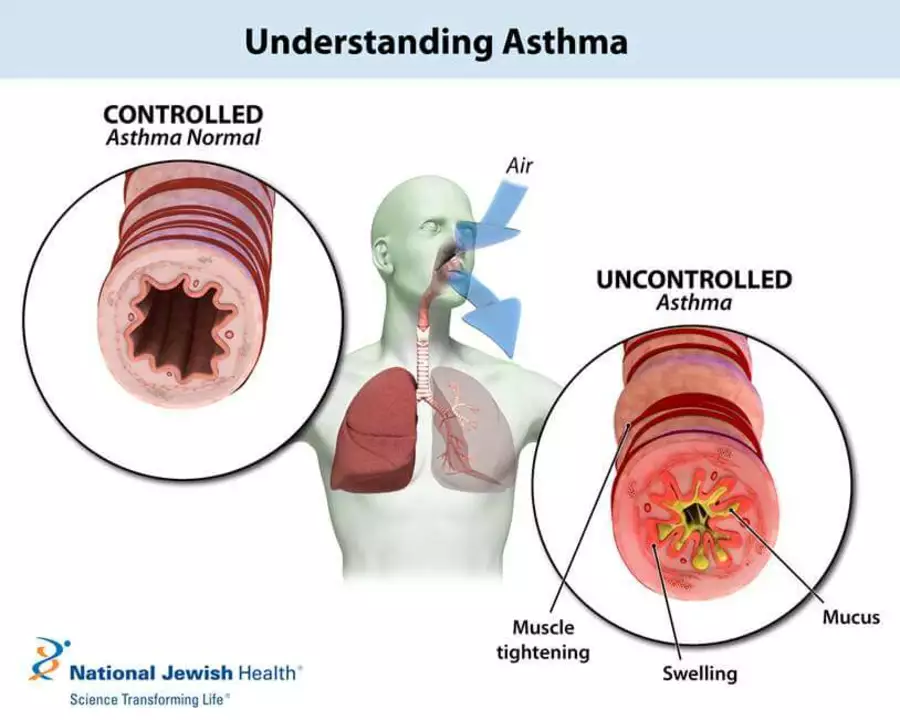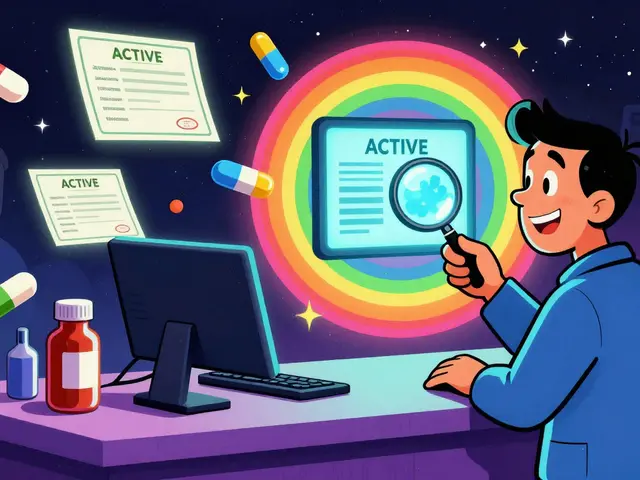Practical Prevention Advice You Can Use Today
If you’re tired of hearing vague health warnings, you’ve come to the right place. Here we cut through the fluff and give you real‑world steps that actually lower your risk for common illnesses. From tweaking daily habits to catching problems early, these tips fit into a busy schedule without needing a PhD.
Simple Lifestyle Tweaks That Make a Big Difference
First up: move more and snack smarter. Swapping one soda for water each day can shave off extra calories that add up over weeks. Pair that with a 20‑minute walk after dinner, and you’re boosting heart health while keeping blood sugar steady – key for preventing type 2 diabetes. Even short bursts of activity, like climbing stairs instead of the elevator, raise metabolism and improve circulation.
Next, think about sleep. Skipping shut‑eye doesn’t just make you groggy; it messes with hormones that control appetite and insulin. Aim for 7–8 hours in a dark room and watch your energy levels stabilize. Better sleep also supports immune function, which helps fend off infections before they take hold.
Screenings and Early Detection Made Easy
Early detection is the secret weapon against fast‑growing tumors and hidden diseases. Schedule an annual physical that includes basic blood work – it can flag anemia early, especially if you enjoy alcohol socially. If you have a family history of cancer, talk to your doctor about imaging options like low‑dose CT or MRI; catching a tumor when it’s tiny makes treatment far less invasive.
Don’t forget the power of simple blood tests for cholesterol and thyroid levels. High LDL can lead to heart disease, while an off‑balance thyroid can sabotage weight loss efforts. These checks are quick, cheap, and give you data to adjust diet or medication before problems snowball.
Finally, stay informed about vaccine updates and seasonal health alerts. A flu shot each fall reduces the chance of severe respiratory illness, which in turn lowers stress on your heart and lungs – another layer of prevention that takes seconds to arrange.
Putting these pieces together creates a strong defense against disease. You don’t need a complete life overhaul; just a few consistent actions add up to big health gains. Keep this page bookmarked for quick reference, and revisit whenever you’re planning your weekly routine or scheduling a doctor’s visit.
The Role of Probiotics in Preventing Anal Itching
As a blogger, I've recently come across the fascinating topic of probiotics and their role in preventing anal itching. In my research, I found that probiotics can help restore the balance of good bacteria in our gut, which can in turn prevent infections and inflammation that may lead to anal itching. These beneficial microorganisms can also improve our overall digestive health and boost our immune system, further reducing the risk of itchiness. I highly recommend incorporating probiotics into your daily diet, either through supplements or probiotic-rich foods like yogurt, kefir, and sauerkraut. By doing so, you can not only prevent anal itching but also promote a healthier gut and overall well-being.
Understanding Asthma Attacks: What You Need to Know
As someone who has experienced asthma attacks, I know how important it is to understand what's happening during those episodes. Asthma attacks involve the narrowing of airways, making it difficult to breathe and causing symptoms like wheezing, coughing, and chest tightness. Various triggers can lead to an attack, such as allergens, pollution, or even exercise. It's crucial to have a personalized action plan to manage your asthma, including the use of prescribed medications and knowing when to seek emergency care. By having a better understanding of asthma attacks, we can take control of our condition and live healthier lives.







